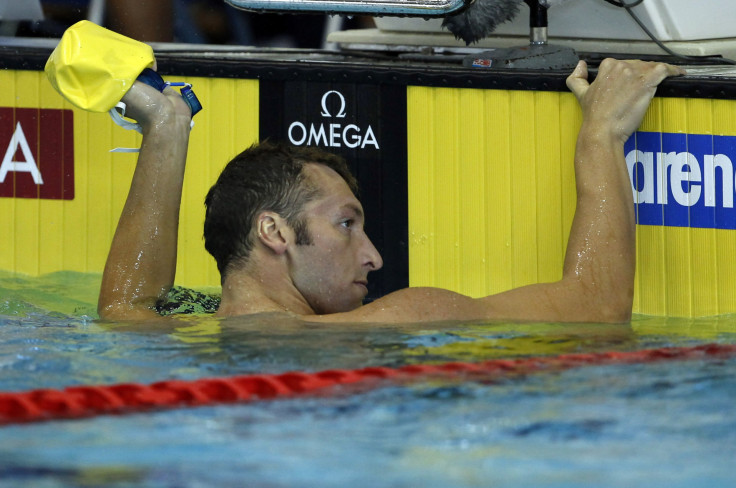Rio Olympics 2016: Endorsements Way Down For Australian Athletes

Australian Olympic athletes have seen endorsements drop off, compared with the athletes who came before them, reported the Brisbane Courier Mail Tuesday. Previous high-profile swimmers like Grant Hackett and Ian Thorpe, for instance, pulled in four to fives times more in sponsorship money than the current crop of top swimmers are getting.
Proven Olympic athletes from the mid-to-late 2000s like Hackett and Thorpe — 16 medals between them — reportedly made more than $1.44 million (in U.S. dollars) each per year. This generation of Australian stars has found the market less rewarding, and not simply because they are less proven or "very much on trial at the Rio Olympics," the Courier Mail wrote.
A lingering scandal involving the sleeping drug Stilnox — which a group of Australian swimmers said they took as a "bonding exercise" — and relatively frequent allegations of cheating in general have hurt Olympians searching for endorsements.
SBD Global: Australia’s Olympic athletes face "sobering reality" that lucrative deals are vanishing. https://t.co/oM5lb1SVaT
— SBJ/SBD (@sbjsbd) February 24, 2016
After winning three gold medals in the 2008 Beijing Olympic Games, swimmer Stephanie Rice signed a deal worth more than $570,000 for regular appearances on Australia's Channel 7. Those sorts of deals might be gone, the person who negotiated the deal told the Courier Mail.
"There is no doubt corporate investment across the board for Olympic athletes has dropped," Chris White, from International Quarterback, told the paper. "It has nothing to do with the [caliber] of performances or the blend of personalities. More so, in my opinion, the visibility of the athletes outside competition."
The trick to capturing deals with more-careful brands is staying in the public eye, White said. Olympic athletes have a brief moment in the spotlight, then largely disappear from the national conversation after the games.
"Those who stay relevant and more consistently in the public eye through performances and general media have a better chance to pursue and accept opportunities," he told the Courier Mail. "Times are tougher and brands more discerning."
The top-earning athletes, by sponsorships, at the 2012 Summer Olympics were largely basketball and tennis stars who had massive appeal outside the games. Tennis player Roger Federer and NBA star LeBron James topped a 2012 list compiled by Forbes, earning $54.3 million and $54 million in endorsements during the year leading up to the games, respectively. Jamaican sprinter Usain Bolt was the only non-basketball or tennis player to crack the top 10 by earning an estimated $20.3 million. U.S. swimmer Michael Phelps, largely considered the greatest ever to dominate the pool, didn't even crack the top 20 by earning an estimated $7 million through sponsorships.
© Copyright IBTimes 2025. All rights reserved.






















